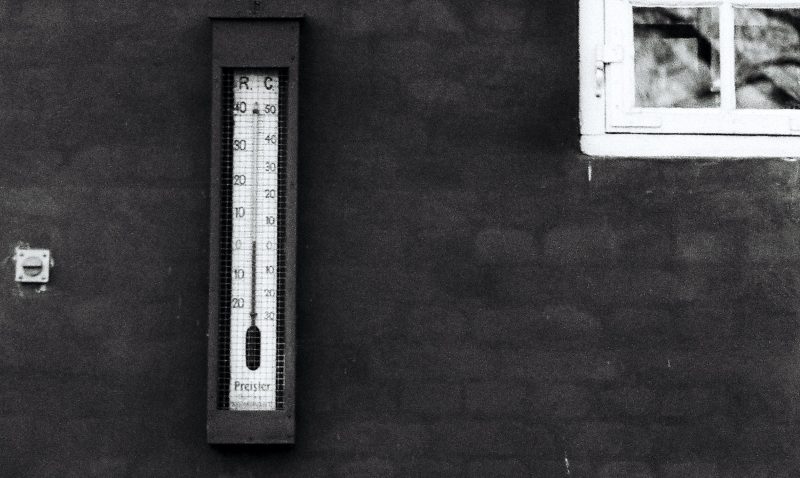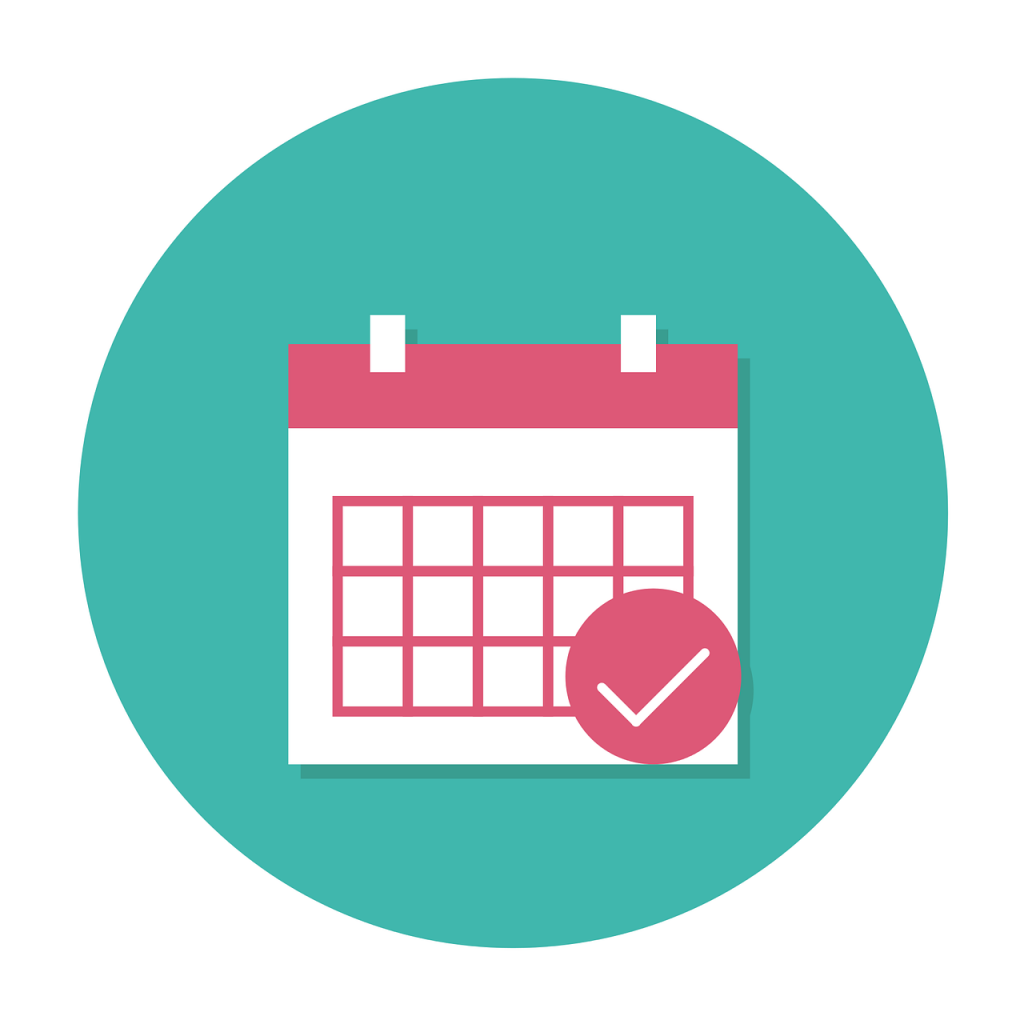
The degree project: a biomedicine course review
If you’ve looked at the syllabus and breakdown of the Bachelor’s Programme in Biomedicine, then you’ll be familiar with the “Degree Project” course in the last semester, worth a whopping 30 credits out of the 160 required to complete the programme.
With a whole semester’s worth of research work culminating in a report and presentation, the project is one of the programme’s most defining learning experiences. I haven’t done it myself, but I thought it would be good to look into it now and share what I found.
The course webpage had limited information, so my curiosity drove me to other sources, such as the course director Gerry McInerney. I got some juicy information from him and others that I’ve paraphrased (no direct quotes here folks).
Disclaimer: I’m not the official source, and the information in this blog is subject to change. However, I hope it gives you some insight into what this course is like!
The Timeline
The degree project course runs the entirety of the last semester, which means from January to June.

However, the process of figuring out your project begins much earlier. Your plan for the project must be submitted in mid-December, and it’s good to fix things with a supervisor as early as possible.
The final presentations (where you present your work & project to your peers & examiners) usually take place in the 1st week of June.
The Supervisor ???
As a student, you and your project must have a supervisor. On paper, this will be someone who already has a Ph.D. (a postdoc or professor, for example). However, it’s quite likely that a Ph.D. student will be overseeing a lot of your work, and will have a large role to play in mentoring and guiding you.
The Project
Honestly, the course webpage will explain the project a lot better than I will, so definitely check it out!
Long story short though, you need to do some form of experimental work (wet lab works well, but dry labs may meet the criteria too). Hypothesis formation and testing play a large role, as well as learning to place your work and findings in context. Literature reviews will play a role in helping you form a strong foundation!

Moreover, your own project may well be a part of a larger project (someone’s Ph.D. thesis, for example), although your report (the Bachelor’s thesis) and the final presentation should be presented cohesively. The final presentation is usually 25 minutes long and includes questions from the examiners and other students.
Where to do your project?
The degree project offers a great deal of flexibility, especially since you can carry it out basically anywhere. You still have to go through the necessary steps (project plan, report, presentation), but you have a lot of freedom thereafter.
Working with faculty or researchers at KI is a popular choice because of the administrative ease and the pre-existing network you build throughout your studies. The familiarity means you don’t have to juggle getting to know a whole new environment whilst doing your project, which can give you time and energy to focus.
Going on an exchange is also a popular choice, and students can apply to universities where an exchange agreement exists or arrange something on their own. This process starts more than a year in advance, so keep an eye out for the applications opening if you’re interested!

Working at a company or within industry is also a really good choice, especially if you’re interested in working after your studies or are considering a more business-like angle for your future. There are several life science companies in the Stockholm area, which makes for fantastic opportunities.
Working within healthcare is an option as well, given that Karolinska University Hospital is right across the street and KI has links with healthcare providers like Mayo Clinic.
No matter where you work, you’ll have to come back to KI (or perhaps hop on Zoom) to give your final presentation to the examiner.
Some tips
Here I have compiled some of the advice I’ve received over time. Some things may seem obvious, but the reminders never hurt.
- Read scientific papers to get a feel for what they’re like and how to write one yourself. You can even read papers on how to write papers–just go hunting.
- Aesthetics matter! I don’t mean you need fancy graphs or complex layouts–clean and simple is key. Your reader should focus on your work, not your misaligned paragraphs.
- Be willing to learn and adjust–getting too attached to something can lead you to dead ends.
- Start on time, and keep good track of what you have done.
- Reach out to people whose work you find interesting! This will help you get a feel for what you want to study or explore.
- Look for a supervisor early 🙂

Finally
I hope this helps you get a better picture of what the last semester of the programme is like. Now, go forth and conquer! I hope you find this useful, whether you’re a prospective, newly admitted, or current student.
? Inika
Inika Prasad — Biomedicine BSc
Hello, Inika here. I’m a third-year Biomedicine bachelor’s student at KI. I'm from India and a little bit from Sweden. As a Digital Ambassador Blogger, I'll be writing about my programme, things happening in and around KI, and giving insights into university life.
-
Hi Inika,
I am from India and just spent 2 years in Helsingborg,Sweden with my father and now got admission in Biomedicine after completed my BI programme. Please let me know about university accomodation how to get the one.

3 comments